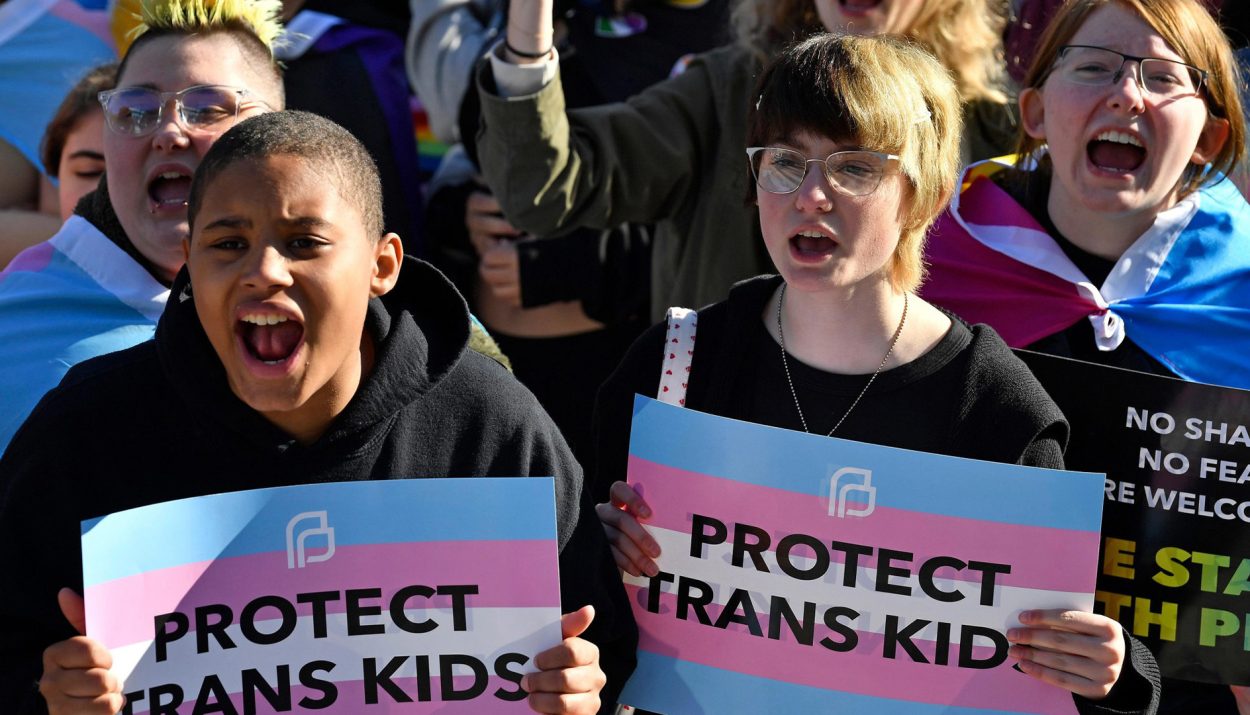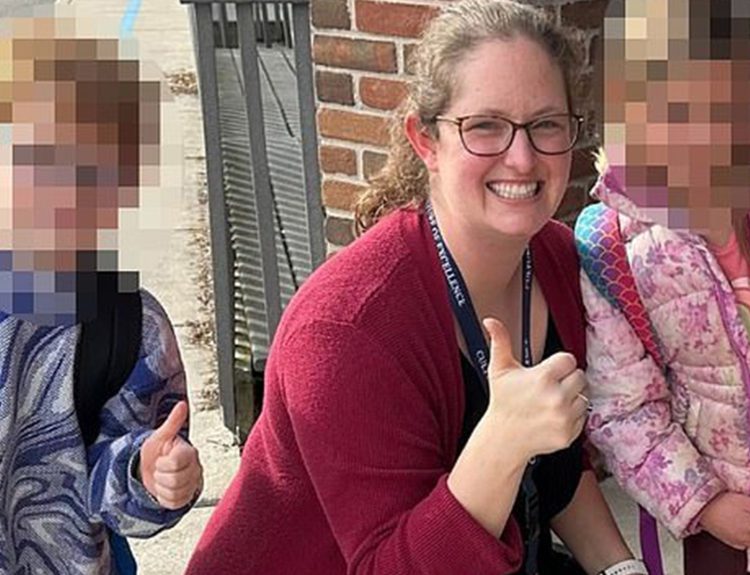On Monday, the Supreme Court chose not to make a decision regarding an Indiana couple’s custody of their transgender teenage daughter. The parents believe children should be raised based on their birth sex.
Without providing an explanation, the court rejected an appeal from the teen’s parents. They had expressed concern that similar conflicts are likely to happen “due to developing conflicts between parents and their children concerning gender identity.”
Clash Of Beliefs: Religious Rights Vs. Child Welfare
“With increasing frequency, governments run roughshod over parents’ religious beliefs on gender identity, including removing children from parents, favoring certain beliefs in divorce custody disputes, and preventing adoptions,” lawyers for Mary and Jeremy Cox of Anderson, Indiana, told the court in their appeal. “These cases are sure to proliferate.”

The state explained that the parents, who identify as devout Christians, didn’t lose custody because of their beliefs but because it was medically necessary to treat the teenager’s severe eating disorder.
State Law Permits Government Rules
Indiana has a rule in its law that’s similar to laws in many other states. This rule allows the government to step in when parents, even if they mean well, find it hard to prevent significant help.

Also said that the argument about who should have custody doesn’t matter anymore because the teenager, who was 16 when taken from the home, is now considered an adult.
We Will Keep Fighting
After the Supreme Court’s decision, Mary and Jeremy Cox called their child “our son”. They also expressed lasting pain over losing custody of him “because of their beliefs.”
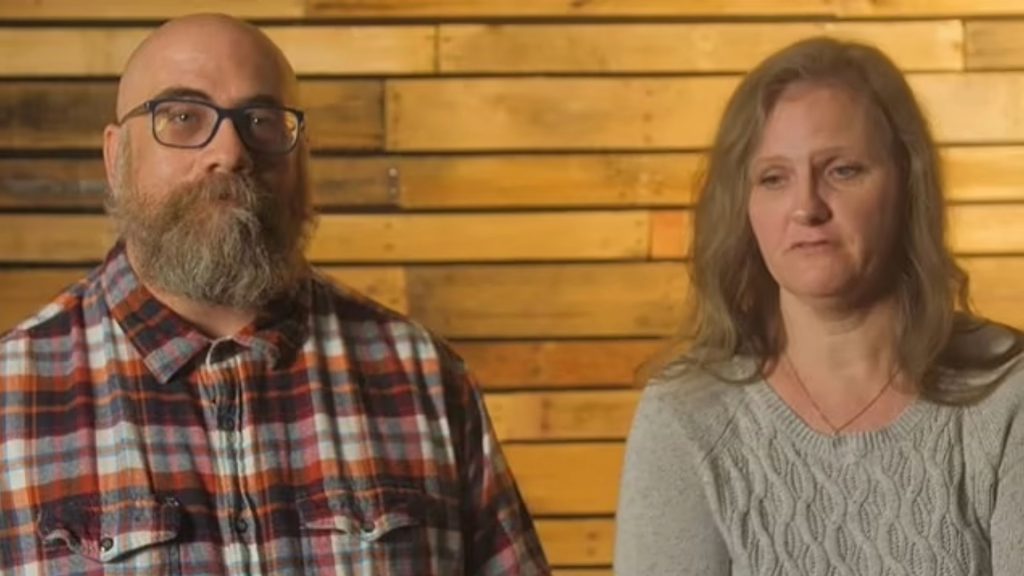
“We can’t change the past, but we will continue to fight for a future where parents of faith can raise their children without fear of state officials knocking on their doors,” the Coxes said.
Attorney General’s Statement On Parental Rights
Indiana Attorney General Todd Rokita, responsible for defending state agencies, expressed sympathy for the Coxes. He also spoke of his commitment to safeguarding parental rights.
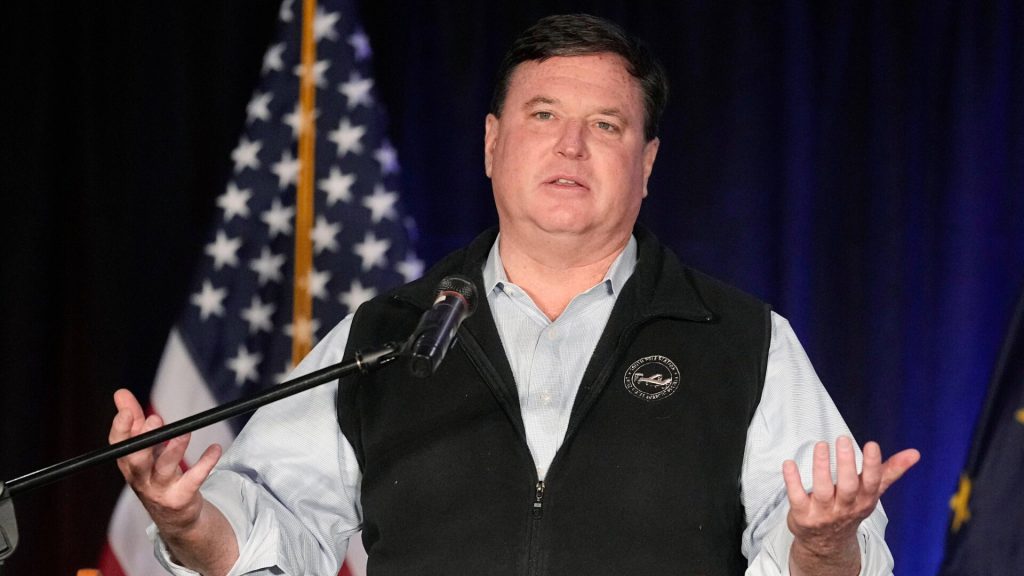
“We always protect parental rights and religious liberty. Neither we nor the Indiana courts believe that the State can remove a child because of a parent’s religious beliefs, views about gender identity, or anything of the sort,” Rokita said in a statement, adding that the record shows the state’s actions were motivated by the teen’s “extreme eating disorder.”
How It All Begun
In 2019, the Coxes’ teenager, referred to as A.C. in court records, shared with them that she identified as a girl. This went against her parents’ firm Christian beliefs that children should grow up according to their gender at birth.

They believed using different pronouns or names went against their morals. The Coxes tried to help A.C. by booking therapy for her gender struggles. They also made appointments with a specialist to treat her eating disorder.
Teen’s Transgender Identity Sparks Abuse
In 2021, the Indiana Department of Child Services began looking into a case after getting two reports of abuse and neglect related to a teenager’s transgender identity.
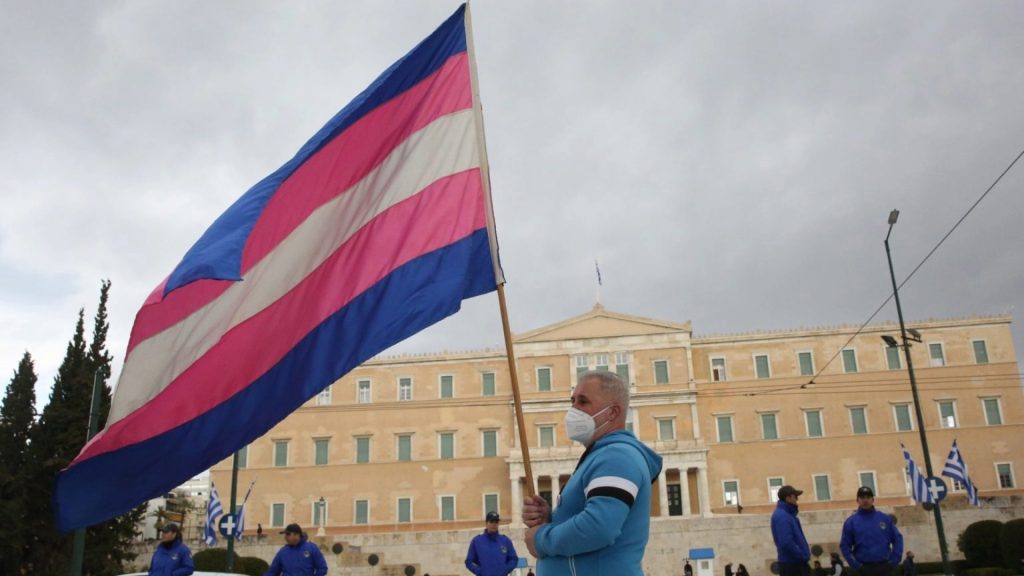
One report claimed that the parents verbally and emotionally mistreated their child because they didn’t agree with the teen being transgender, as noted in court records.
Judge Orders Removal From Parent’s Custody
After hearings, a judge ordered that the teen be removed from the parents’ custody. The teen was to receive treatment for the eating disorder and take part in individual and family therapy sessions.
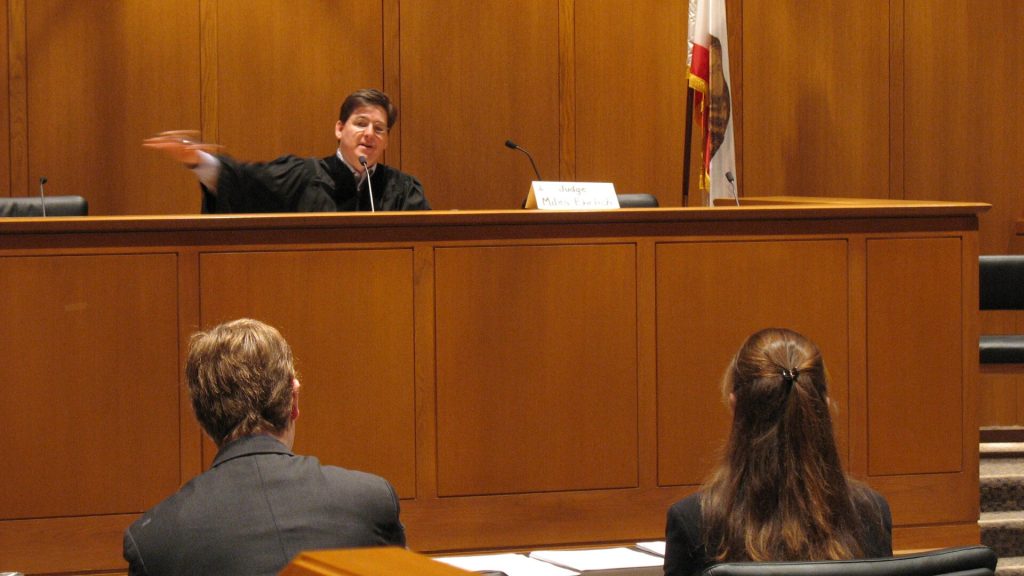
Although the state withdrew claims of parental abuse or neglect, they argued that the teen’s eating disorder could worsen if they returned to their parents’ care.
Parents Fight For Rights Amid Transgender Debate
The parents were told not to talk about transgender issues with their child, except during therapy, because it was linked to the eating disorder. Identified by their initials in court papers, the parents claimed the state violated their rights as parents, their freedom to speak, and their religious beliefs.
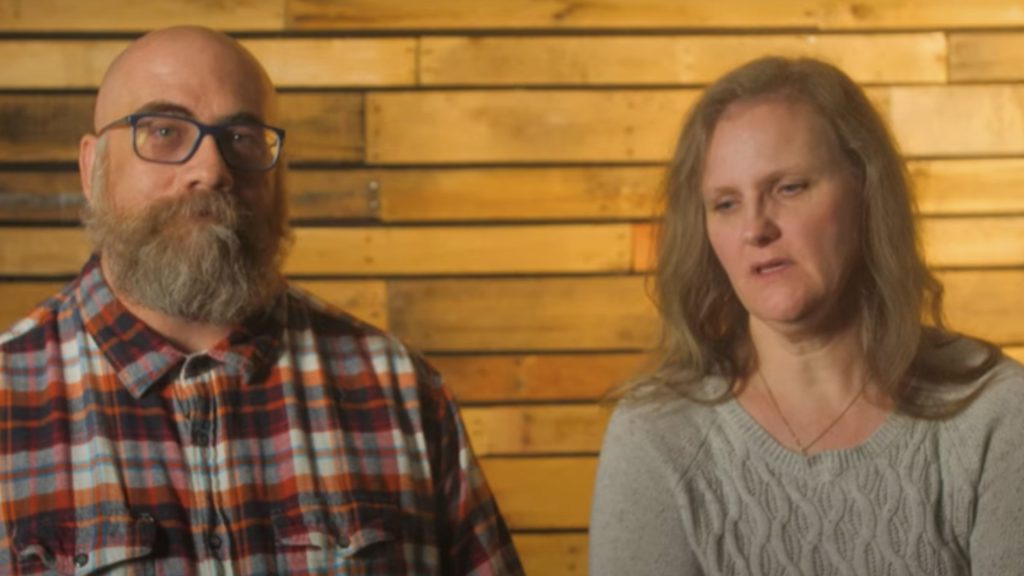
“M.C. and J.C. seek only to raise their children according to their religious beliefs and best judgment,” they told the court. “This case is about the state taking a child from fit parents.”
Court Of Appeals Agrees With State
The Indiana Court of Appeals agreed with the state’s decision, and the Indiana Supreme Court chose not to review the case.
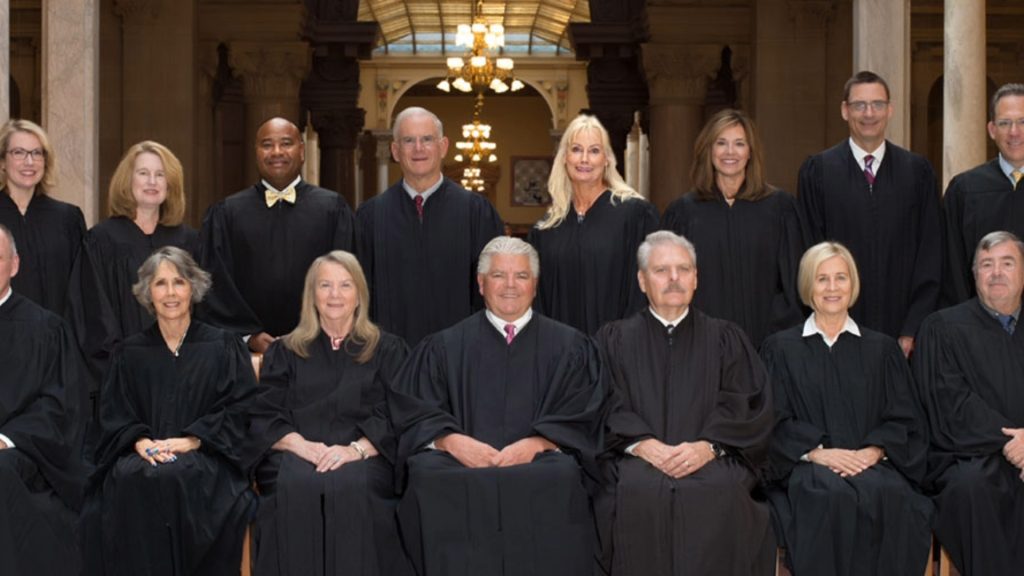
“The Parents have the right to exercise their religious beliefs,” the appeals court said, “but they do not have the right to exercise them in a manner that causes physical or emotional harm to the Child.”
Coxes Deny Abuse Claims
The Coxes denied the abuse claims, which were later dismissed by DCS. They’ve now appealed to the U.S. Supreme Court after losing in state courts.
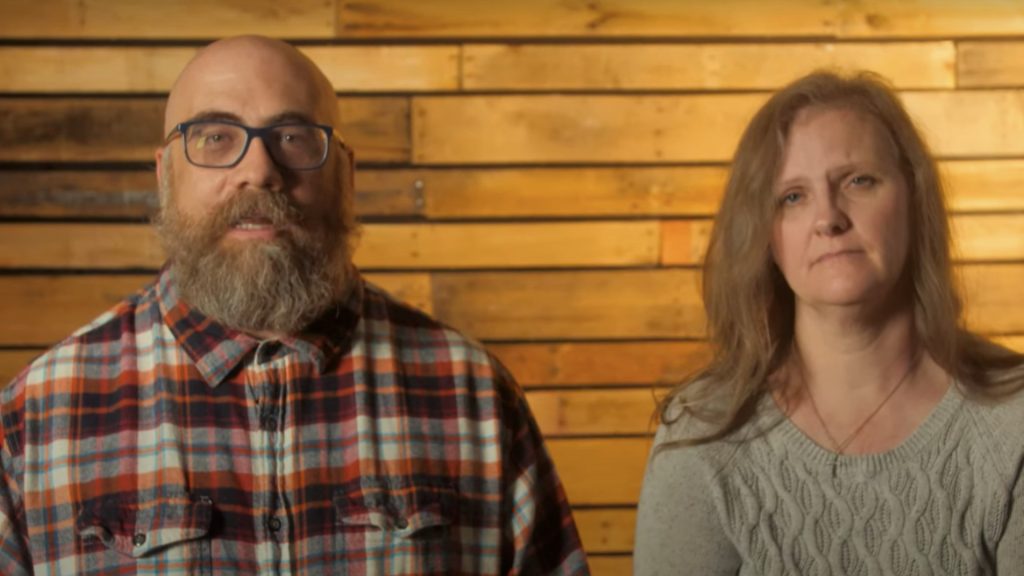
The Indiana Attorney General’s Office, responsible for defending DCS, argued that the disagreement between the Coxes’ beliefs and A.C.’s gender identity wasn’t the reason the state removed her from her parents.
AG’s Office Briefs On Reason For Court’s Ruling
“Rather, petitioners’ child was removed because the child had a severe eating disorder that petitioners had not been able to effectively address for two years, that jeopardized the child’s brain and bone health,” the attorney general’s office argued in a brief filed earlier this month.

The brief also restated a Madison County judge’s decision, suggesting that A.C.’s eating disorder was partly a result of isolating herself from her parents, a pattern likely to continue if she returns home. Additionally, the state argues that the case is now irrelevant because A.C. has reached adulthood.
Coxes Argue That The Case Still Counts
Yet, the Coxes argue the case still matters and could affect parents across the country. In a recent document, they pointed out the growing number of transgender youth and how the government is willing to separate them from their parents.

The Coxes also accused state officials of blaming an underlying mental health ailment – in this case, A.C.’s eating disorder – as a reason for taking the teen away.
Part Of A Bigger Picture
“Indiana’s tack … provides a playbook that any state can use to eviscerate bedrock constitutional protections while guaranteeing they remain insulated from review,” according to the brief.
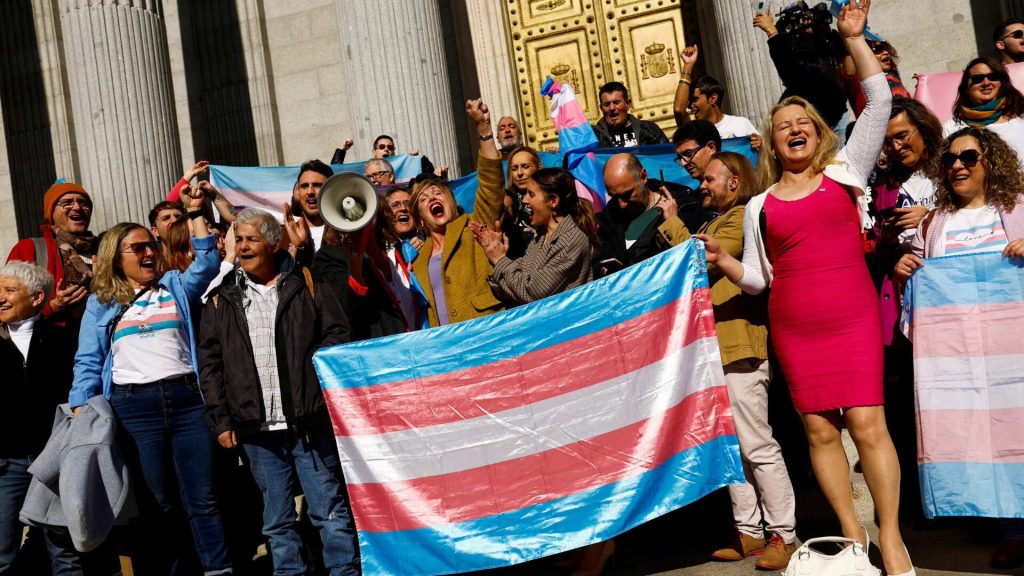
The case was a key part of a failed bill. The bill wanted to stop courts from separating transgender kids from their parents just because the parents didn’t agree with the child’s gender identity or support gender-affirming care.

